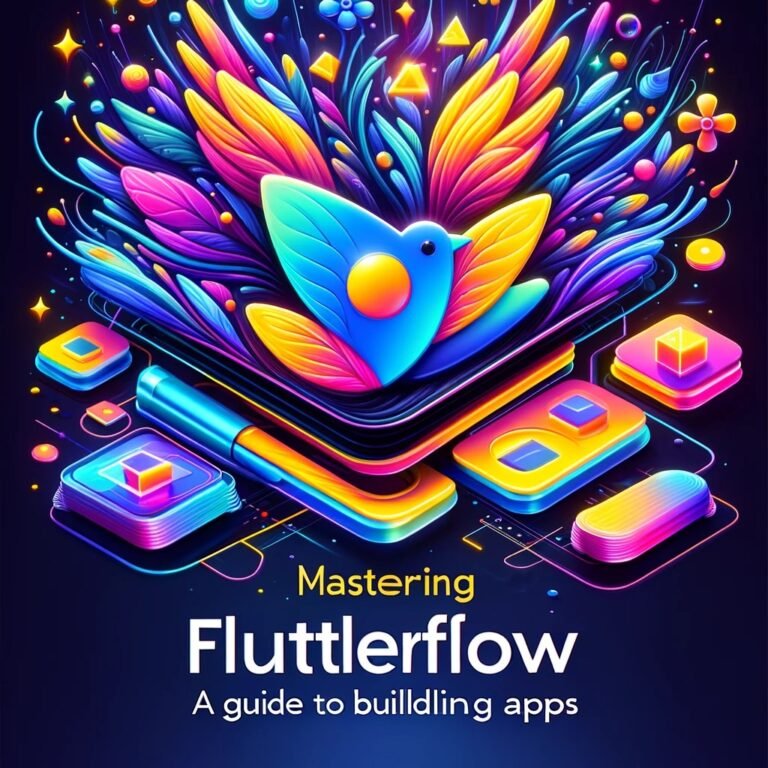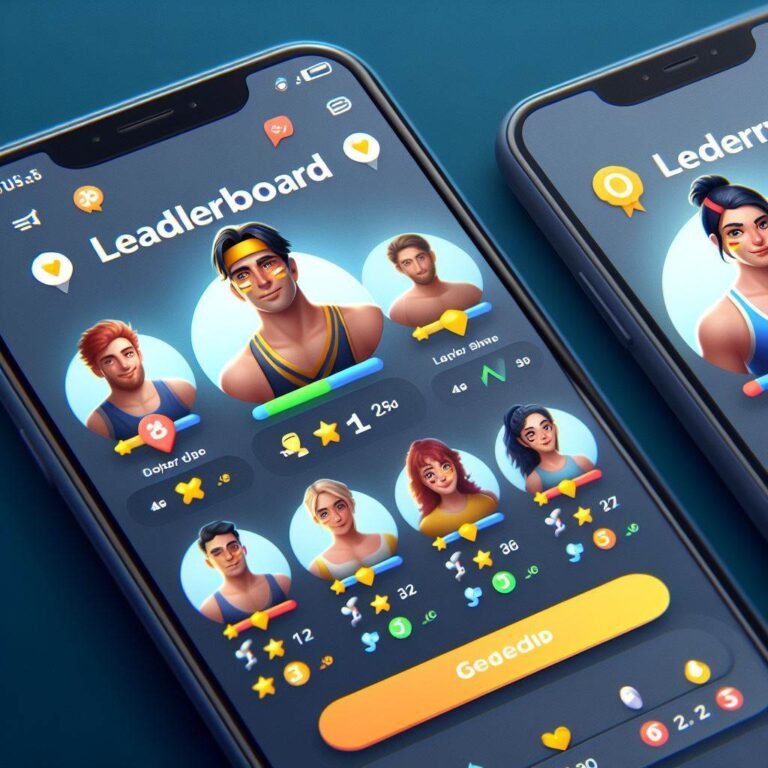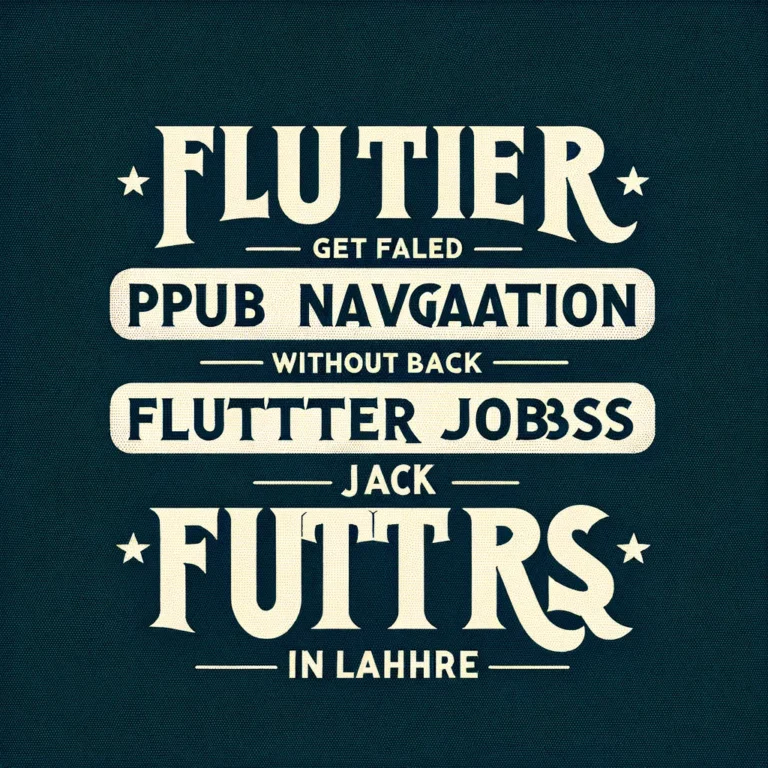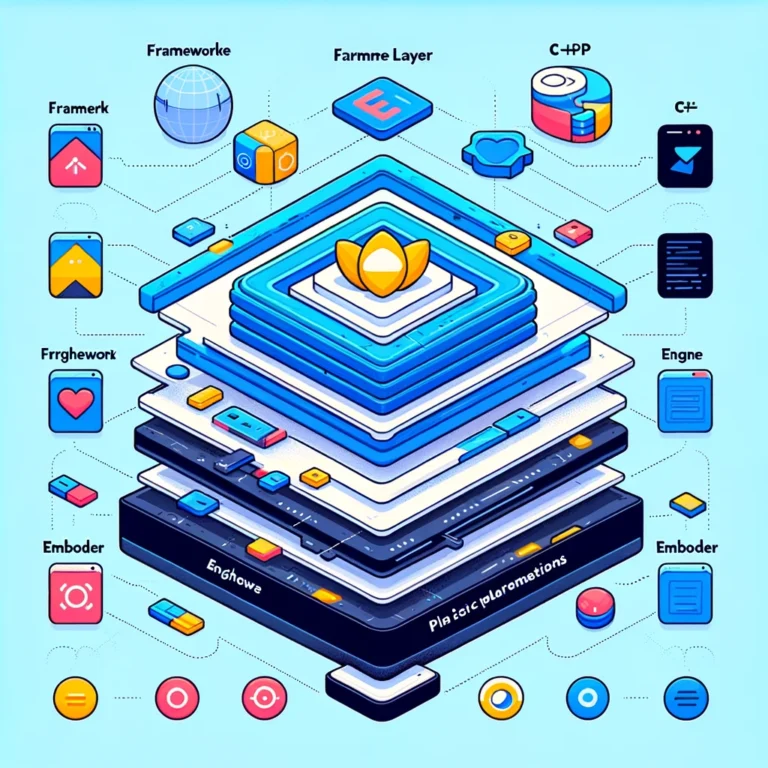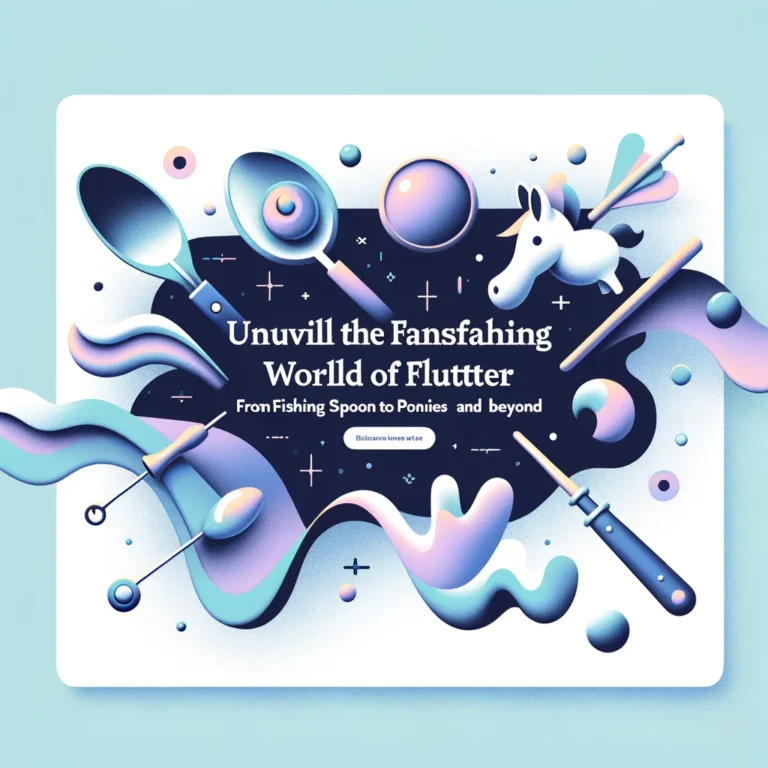Flutter Interview Questions
Flutter Interview Questions
Are you gearing up for a Flutter interview? Flutter, Google’s UI toolkit for building natively compiled applications for mobile, web, and desktop from a single codebase, has gained immense popularity among developers. To help you ace your Flutter interview, let’s delve into some crucial questions and their answers.
1. What is Flutter and how does it differ from other mobile development frameworks?
Flutter is an open-source UI software development kit created by Google, designed to streamline the process of building high-quality native interfaces for mobile, web, and desktop applications. Unlike traditional mobile development frameworks, Flutter takes a unique approach by utilizing a single codebase to target multiple platforms, eliminating the need for separate development teams for iOS and Android. This not only reduces development time and cost but also ensures consistency across platforms, resulting in a cohesive user experience. Additionally, Flutter’s hot reload feature allows developers to instantly view changes, speeding up the iterative development process and fostering rapid iteration and experimentation. Here’s how it stands out:
- Single Codebase: Flutter enables developers to write code once and deploy it across multiple platforms such as iOS, Android, web, and desktop.
- Hot Reload: Developers can instantly view changes in the app without restarting it, leading to faster development cycles.
- Rich Customization: Flutter offers a wide range of customizable widgets, allowing developers to create highly responsive and visually appealing applications.
2. Explain the widget tree in Flutter.
In Flutter, everything is a widget, and these widgets are organized in a hierarchical structure known as the widget tree. At the root of the tree is the WidgetsApp or MaterialApp widget, which represents the entire application. Each widget in the tree corresponds to a UI element, and Flutter uses the widget tree to efficiently update the UI in response to user interactions or state changes.
3. What are Stateful and Stateless widgets?
- Stateful widgets: These widgets maintain state that might change during the lifetime of the widget. They are dynamic and can be rebuilt multiple times.
- Stateless widgets: These widgets are immutable and do not store any state. They are static and only render once during their lifetime.
4. Differentiate between setState() and Provider for state management.
| Feature | setState() | Provider |
|---|---|---|
| Purpose | Used for managing state within a widget. | Used for managing global state in Flutter applications. |
| Scope | Limited to the widget where it’s called. | Can be accessed by multiple widgets across the app. |
| Performance | Limited performance optimizations. | Offers better performance and scalability. |
| Complexity | Simpler for small-scale applications. | More suitable for complex applications with extensive state management needs. |
5. How does Flutter handle platform-specific code?
Flutter uses platform channels to communicate with platform-specific code written in languages like Java (for Android) or Swift/Objective-C (for iOS). Developers can use platform channels to invoke platform-specific APIs and functionalities from their Flutter codebase.
FAQs (Frequently Asked Questions)
Q: Can Flutter be used for web development?
A: Yes, Flutter offers support for web development, allowing developers to build interactive and responsive web applications using the same codebase used for mobile apps.
Q: Is Flutter suitable for building complex applications?
A: Absolutely. Flutter’s rich set of features, robust performance, and extensive community support make it well-suited for building complex applications ranging from enterprise solutions to multimedia-rich consumer apps.
Q: How does Flutter compare to other cross-platform frameworks like React Native?
A: While both Flutter and React Native enable cross-platform app development, they differ in their architecture, performance, and developer experience. Flutter provides a more consistent and cohesive development experience with its single codebase approach and rich set of customizable widgets.
Conclusion
Mastering Flutter is crucial for developers aiming to excel in mobile and web development. By familiarizing yourself with these essential interview questions, you’ll be better prepared to demonstrate your proficiency in Flutter and land your dream job in the ever-evolving world of software development. Happy coding!


